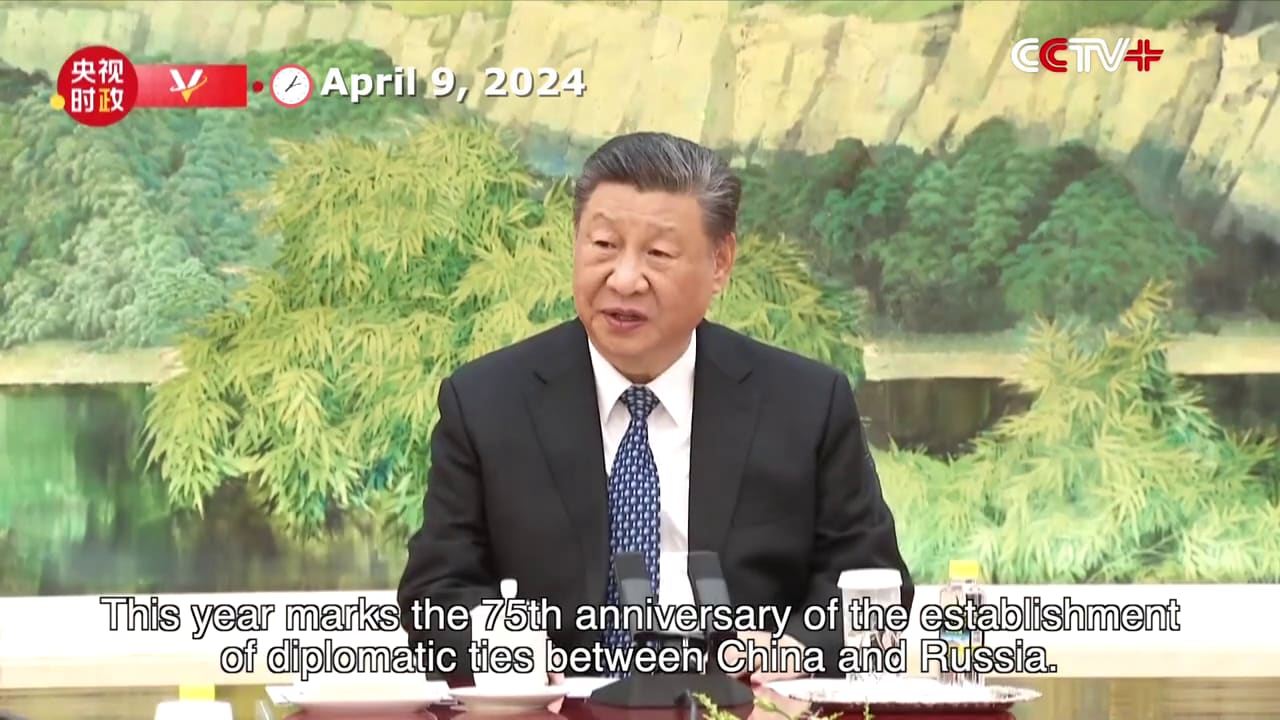
In a recent TV interview, Saudi writer Mohammed Al-Saed said that over the past century, Arab groups, regimes, and political parties had "peddled in the Palestinian cause and pinned all their mistakes on it to serve their own economic interests and survival." Talking about the missed opportunities for a Palestinian state over the past century, he said that Saudi Arabia had offered a plan which Arafat had rejected, "thus perpetrating a crime against the Palestinians," and that Iraq, Syria, and Egypt were responsible for creating the refugee problem. Writer Muhammad Al-Osaimi said that "there is hardly any Arab country without bad memories of the Palestinians," reminding viewers of their position during Saddam's invasion of Kuwait and of Black September in Jordan. The debate aired on Rotana Khalijiyyah TV on December 12, 2017.
Mohammed Al-Saed: In 2000, Saudi Arabia invested efforts in an attempt to establish a Palestinian state. As a result of these efforts, the Palestinian leadership was presented with the U.S. administration's comprehensive vision for an independent Palestinian state - a state, not an authority like the current one - with Jerusalem in its entirety as its capital, including the Armenian Quarter, the Jewish Quarter, and the Mughrabi Quarter. The Palestinian Authority would have had airports and seaports, all the refugees would have been allowed to return to the Palestinian land, and Palestinians [originally] from within the 1948 borders would have been allowed to return in phases over 20 years. Some one million Palestinians would have returned to their lands. In the event that they would choose not to return, a compensation fund would have been established, with an initial sum of 20 billion – which would eventually have reached 100 billion - by Saudi Arabia, the Gulf states, Europe, and Japan... The truth is that the agreement was on the verge of being signed, but Yasser Arafat rejected it, thus perpetrating a crime against the Palestinians. Why should we pay the price for what Yasser Arafat did to his own people?
[…]
In 1939 [sic], the first conference for world peace was convened, and it embraced the Palestinian cause. At the time, there was only a small number of Jews - Arab Jews - living in Palestine, and all they asked was to be represented in the parliament of the future Palestinian state. This idea was rejected, and less than a decade later, the partition was declared. The partition allowed for a small Israeli state, but unfortunately, it was rejected by the large Arab countries of that time. Saudi Arabia was a new state, and it does not bear the responsibility for that. Iraq, Syria, and Egypt asked the original [Arab] population to leave, because they were about to launch a war to crush the Jews and the Israelis in their new state... - And throw them into the sea... King Abdulaziz was against this. He said: Do not tear the people from their land.
[…]
But they opposed him and asked the Palestinians to emigrate, and this is why there are displaced [Palestinians] in the Arab world today.
[…]
Saudi Writer Muhammad Al-Osaimi: The Palestinians got themselves involved in the Arab crises. There is hardly any Arab country without bad memories of the Palestinians. Why? Because they interfered in many Arab issues. We all remember their position when Saddam invaded Kuwait. Another example is Black September in Jordan.
[…]
All those groups, regimes, and political parties over the past 70, 80, or 100 years of modern Arab history peddled in the Palestinian cause and pinned all their mistakes on it, in order to serve their own economic interests and survival. But I would like to say to our Palestinian brothers, who have turned against us unjustly: Why do you want Saudi Arabia to pay the price for the mistakes of your fathers, forefathers, and leaders in the course of a century?
[…]













